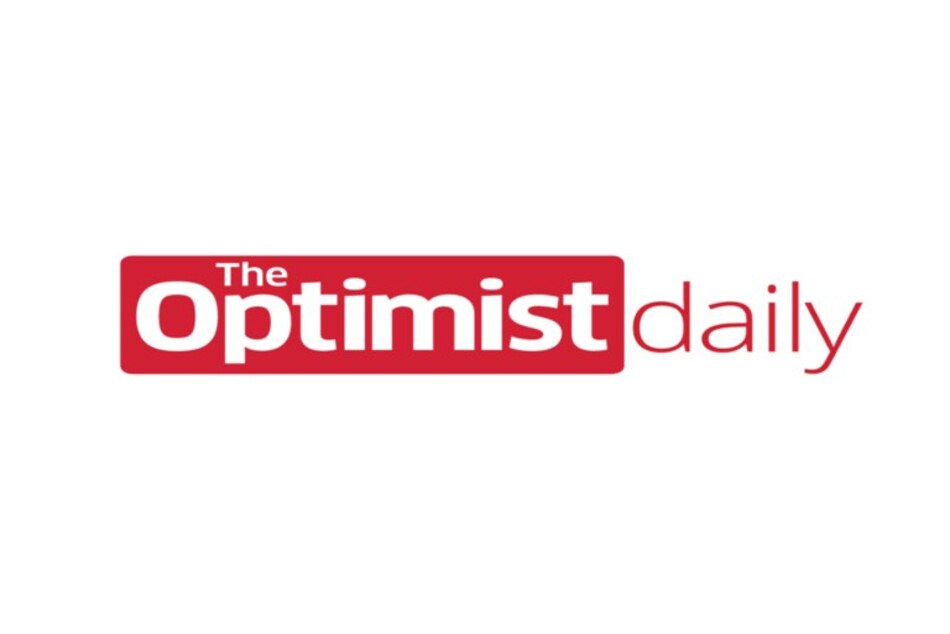Every day, we come closer to answering the essential questions that arise from looking up at the sky. How did we come to be? What’s holding all of this together? Are we alone? Astrophysicists and astronomers need data in great volume and detail to find the answers to these questions, and a new tool is in development that will enable them better than ever before.
A group of UK researchers is building a software mind to unite international facilities into the world’s largest radio telescope.
The Square Kilometer Array
The UK Science and Technology Facilities Council (STFC) labs and universities of Oxford, Cambridge, and Manchester are working together on software to unite many dishes and antennas into a giant observational program, called the Square Kilometer Array.
This will comprise 197 dishes and 130,000 antennas across South Africa and Australia. The goal is to develop software that will unite all of these devices and facilities, enabling them to work in perfect unison. As you can imagine, it is an incredible computational undertaking.
“We’re talking something like 600 petabytes (600 million gigabytes) per year of data coming out of the SKA, to be delivered to astronomers worldwide,” Chris Pearson, astronomy group leader at RAL Space, told BBC News. “So, it’s a scaling problem, it’s a processing problem, it’s a data transfer problem.”
Big struggle, big gains
The Square Kilometer Array will afford astrophysicists and astronomers detail and data like never before. Its resolution and sensitivity at radio wavelengths combined with massive computing power will allow researchers to delve deeper into research on the most essential questions of the universe.
What is “dark energy?” How were the first stars born in the early universe? And are we alone? The Square Kilometer Array will be sensitive enough to pick up any transmissions from or between extra-terrestrials.
The UK Government has already allocated £15 million to the project through the STFC, and developers have the go-ahead to begin developing the software for the SKA.












